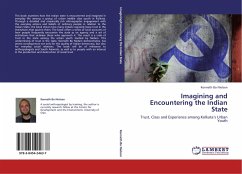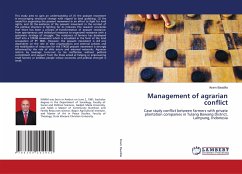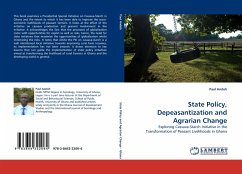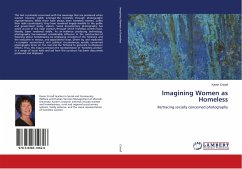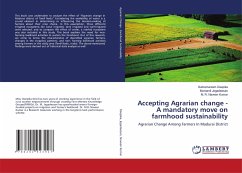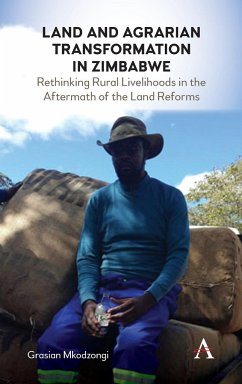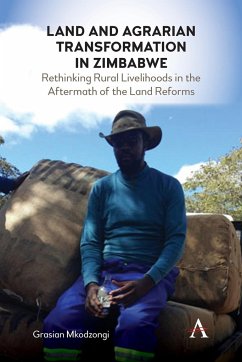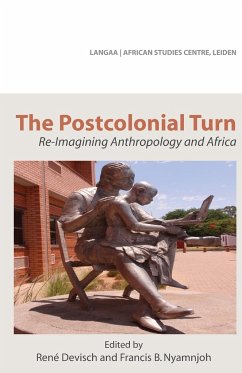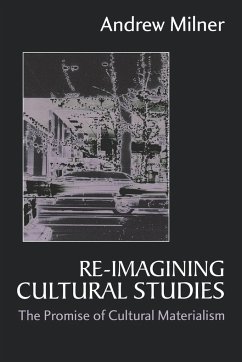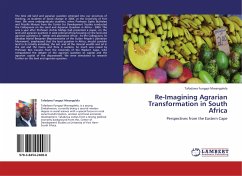
Re-Imagining Agrarian Transformation in South Africa
Perspectives from the Eastern Cape
Versandkostenfrei!
Versandfertig in 6-10 Tagen
32,99 €
inkl. MwSt.

PAYBACK Punkte
16 °P sammeln!
The time old land and agrarian question emerged into our provinces of thinking, as students ofsocial change in 2004, at the University of Fort Hare. We were undergraduate students, when Professor Sipho Buthelezi and Priscilla Monyai from the Center for Development Studies conducted the Colloquium on the Land and Agrarian Question in Africa -2004. This was a year after Professor Archie Mafeje had presented a paper, on the land and agrarian question in post-colonial Africa;focusing on theland and agrarian questions in settler and plantation Africa . At the Colloquium, Dr BanabasMariel Benjamin (...
The time old land and agrarian question emerged into our provinces of thinking, as students ofsocial change in 2004, at the University of Fort Hare. We were undergraduate students, when Professor Sipho Buthelezi and Priscilla Monyai from the Center for Development Studies conducted the Colloquium on the Land and Agrarian Question in Africa -2004. This was a year after Professor Archie Mafeje had presented a paper, on the land and agrarian question in post-colonial Africa;focusing on theland and agrarian questions in settler and plantation Africa . At the Colloquium, Dr BanabasMariel Benjamin (Representative of the Sudan People s Liberation Movement),emphasised that the land question in Africa, should consider land in itstotality including; the soil, and all the mineral wealth and oil in the soil and the fauna and flora it sustains. So much was raised by Professor Ben Cousins from the University of the Western Cape, who extrapolated the debate of the agrarian question of capital and the agrarian capital of the dispossessed. We were stimulated to research further on this land and agrarian question.



